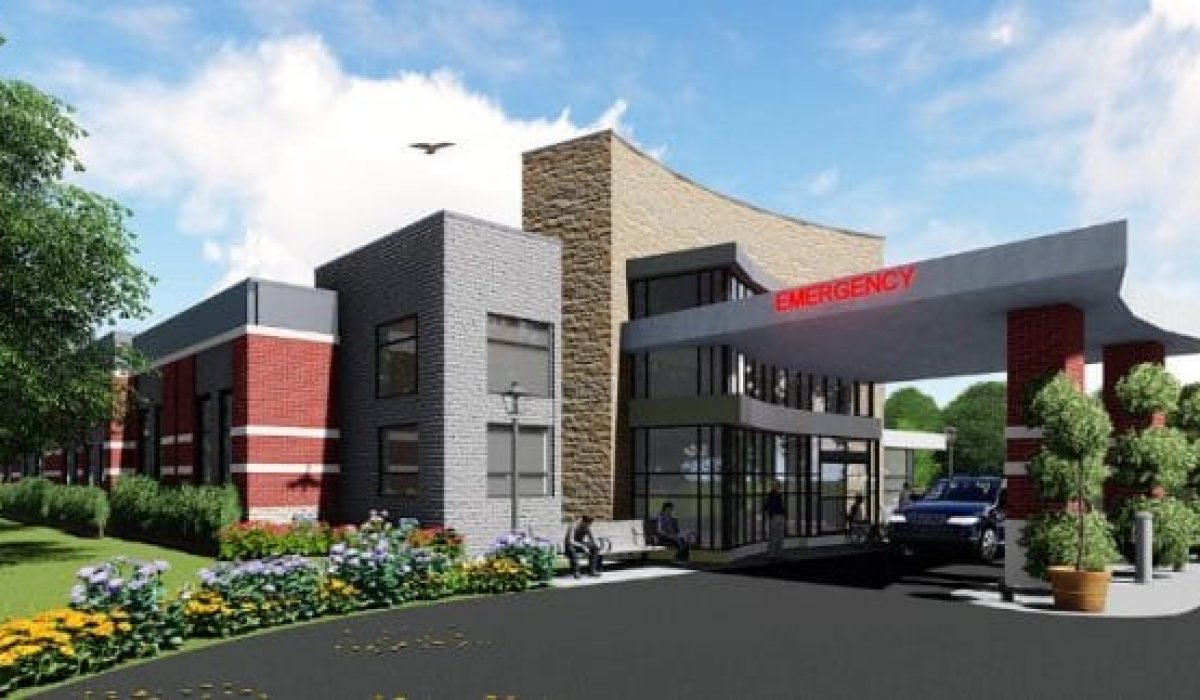Strategize to Meet Community Needs & Demands
Micro-Hospitals Prove Viable Acute-Care Providers in Post-Pandemic America
Gone is the day of building new neighborhood hospitals with hundreds of beds. The moves toward ambulatory, outpatient, and telemedicine is not about to slow down. In fact, while still in the midst of a serious COVID-19 pandemic, the recent temporary changes and moves toward telemedicine are raising consumer demand. Mobile services and innovative healthcare solutions are launched every day. The ease and effective provision of many types of patient care, including mental health services, by the emergency cancellation of key telemedicine reimbursement requirements and new, innovative patient care strategies have led to an explosion of consumer demand exploiting these options. The use of modernization techniques, telehealth, and innovative clinical strategies is exactly what the micro-hospital model relies on and thrives on. As a result, the Micro-Hospital is becoming an ideal center for the provision of acute care while limiting contact with others, where infection control is vital to survival. The efficiency and innovation, natural to a micro-hospital provides the ideal framework for healthcare where scope of care is oriented more toward ambulatory care and telemedicine. At Advis, we see the Micro-Hospital becoming mission control for the provision of community services in various ways both within its own footprint and beyond its own walls. The hospital will handle emergencies, higher acuity inpatient and surgical care, while managing ambulatory services and recruiting talented healthcare professionals to provide a myriad of services at a touch of a screen.
Micro-Hospitals continue as a popular venue in rural and urban communities alike. And now, the smaller foot print and limited volume of patients makes more sense than ever for post-pandemic America. Our healthcare providers have been stretched too thin. Many providers are struggling under these new conditions. Even with CARES Act funding and enhanced COVID-19 reimbursement, times are tough for providers. However, as we emerge from the pandemic, the consumer will be looking for a more contained, more easily accessed, more efficient and personalized venue of care. Why walk into a hospital with hundreds of patients when a smaller venue better limits your exposure to potentially deadly pathogens? This smaller, more efficient hospital suddenly makes a lot of sense.
In fact, Micro-Hospitals may be the most feasible option for communities with heavy Medicaid volumes as well. Safety-net hospitals –rural hospitals– are being squeezed from all directions. The micro-hospital can play an important role in a transformative healthcare strategy that many of these hospitals and communities are currently exploring. Quality care is not about inpatient volume. Quality care means meeting community needs
in a timely and cost-efficient manner. The primary focus must be on patient outcomes.
At Advis, we believe one of the most promising solutions called-for is the development of needs-based, community-focused Micro-Hospital. Micro-Hospitals are commonly found in remote rural locations, in landlocked urban areas, and as designer boutiques within hospitals; but just as readily Micro-Hospitals can serve the underserved. The same lesson applies everywhere: modernized health care is best achieved through effective infection control, innovative clinical strategy, modern and efficient floor plans, and maximized telehealth and AI solutions.
Download your copy of our free Micro-Hospital whitepaper by filling out the form to the right.
For more information, please contact us online or by calling 708-478-7030.





